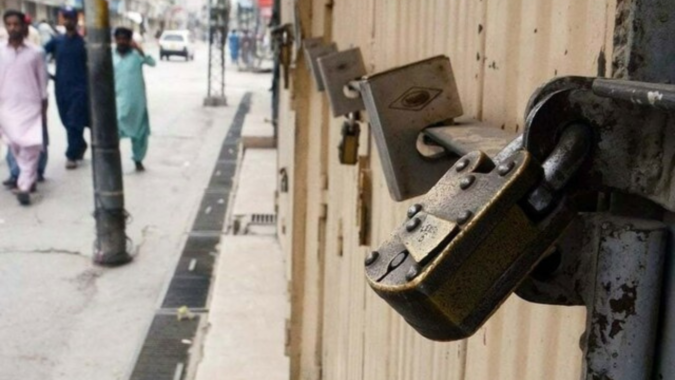The local unit of Suzuki Motor Corp. extended the shutdown of its manufacturing plant to Feb. 21, according to a statement to the stock exchange on Friday, saying that parts shortages are persisting.
Ghandhara Tyre & Rubber Company, which manufactures tires and tubes for automobiles, had shut its plant from Feb. 13, saying it’s facing “immense hurdles towards importing raw materials and obtaining clearance of consignments from commercial banks.”
Those are just two out of a cluster of listed companies that includes manufacturers of fertilizers, steel and textiles that have shut their factories indefinitely or suspended operations intermittently as they grapple with a shortage in inventory or cash, or even a drop in demand.
Pakistan’s $3.19 billion in foreign currency reserves mean that the nation is unable to fund imports, stranding thousands of containers of supplies on its ports and stalling production, putting jobs at risk. An inflation that’s also at the fastest in almost half a century is putting many goods out of the public’s reach.
“These closures will impact the economic growth as well as increase unemployment levels in the country,” according to Tahir Abbas, head of research and investment at Arif Habib Limited, who said he’s never seen such extent of shutdowns among listed companies.
“The overall demand has tapered off because of the multi-decade inflation,” Abbas said. “So you see a normal demand destruction. Over and above this, we are taking administrative measures to slowdown the economy.”
Like Suzuki, Honda Motor Co. and Toyota Motor Corp.’s local units also went through weeks-long plant closures. This weighed on Pakistan’s car sales which fell 65% to the lowest in almost three years in January compared to a year ago, according to Pakistan Automotive Manufacturers Association data.
Among those that have also shut or slowed operations are GSK Plc’s Pakistan unit, Engro Fertilizers Limited, Fauji Fertilizer Bin Qasim Limited, Nishat Chunian Limited, Amreli Steels Limited, Millat Tractors Limited and Diamond Industries Limited.
“The situation this time has become very critical as compared to the crises we had seen in 2018 or 2008,” said Abbas who expects economic growth to slow to a range of 1%-1.25% this fiscal year ending June from 6% a year ago.
